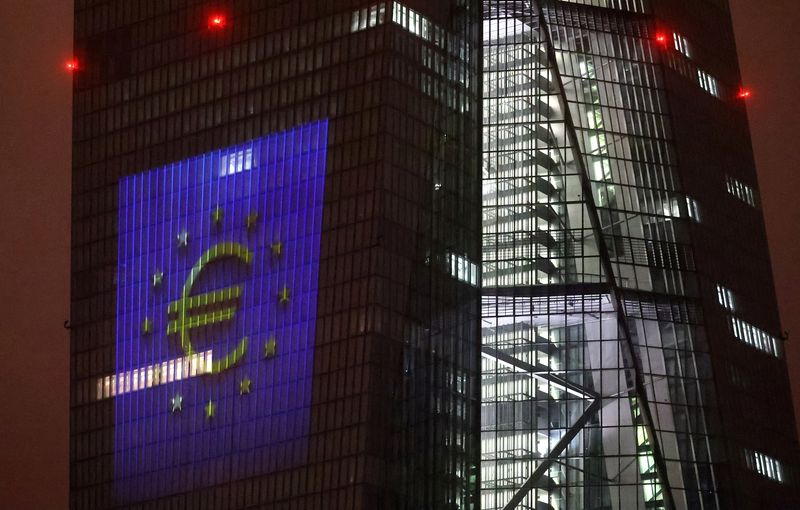By Peter Nurse
Investing.com - European stock markets retreated Thursday ahead of a key meeting of the European Central Bank, which should provide a timetable for interest rate hikes to combat soaring inflation.
By 3:45 AM ET (0745 GMT), the DAX in Germany traded 0.7% lower, the CAC 40 in France fell 0.5%, and the U.K.’s FTSE 100 dropped 0.5%.
European markets traded in a cautious manner with the focus on the ECB’s policy-setting meeting later in the session. The central bank is widely expected to announce an imminent end to large-scale asset purchases, paving the way for a first increase in interest rates in more than a decade next month to combat record levels of inflation.
President Christine Lagarde unveiled a plan last month to end the central bank’s very accommodative monetary policy, saying that the ECB's minus 0.5% deposit rate should start rising in July and could be at zero or "slightly above" by the end of September before rising further "towards the neutral rate."
With Lagarde already suggesting July as the starting point for rate hikes, the main excitement is likely to occur at her press conference as investors look for guidance as to how aggressively the bank could act with inflation more than four times higher than its 2% medium-term goal.
In corporate news, British American Tobacco (LON:BATS) stock fell 0.6%, still outperforming the wider index, after the tobacco giant maintained its full-year guidance despite deciding to offload its Russian business in the wake of the invasion of Ukraine.
Credit Suisse (SIX:CSGN) stock fell 3.6% on growing skepticism of a takeover from U.S. financial giant State Street (NYSE:STT), following gains on Wednesday.
There is little in the way of significant economic data due for release in Europe Thursday, but late Wednesday, China released stronger-than-expected trade data, suggesting a rebound in the world’s second largest economy as it lifts its stringent COVID-19 measures.
Oil prices edged lower from the three-month highs reached earlier in the session on the back of the Chinese trade data, which pointed to additional demand from the world’s largest crude importer.
Elsewhere, official data from the U.S. Energy Information Administration, also released Wednesday, showed a build of just over 2 million barrels of crude last week, but U.S. gasoline stockpiles dropped by 812,000 barrels, indicating fuel demand resilience during peak summer despite soaring prices.
By 3:45 AM ET, U.S. crude futures traded 0.5% lower at $121.52 a barrel, while the Brent contract fell 0.4% to $123.07. Both benchmarks closed Wednesday at their highest since March 8.
Additionally, gold futures fell 0.3% to $1,851.85/oz, while EUR/USD edged lower to 1.0712.
